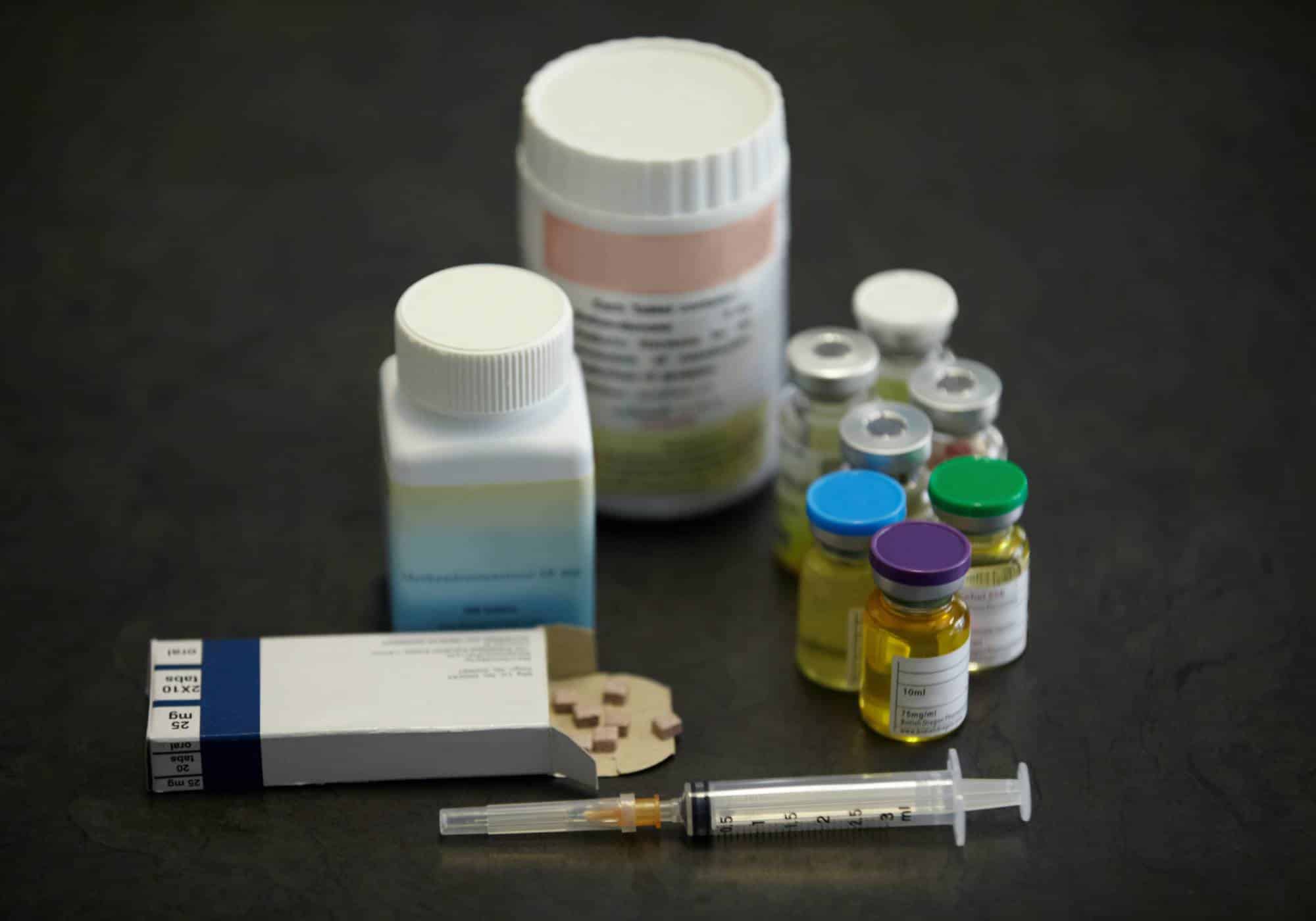Your husband may appear as the epitome of joy and success—holding down a stable job, being a loving partner and parent, and always the heart of any social gathering. However, the reality within the confines of your home tells a different story. The routine of reaching for a beer or whiskey upon returning from work becomes his way to unwind, with every event, big or small, seemingly justifying alcohol consumption. This pattern has introduced an atmosphere of emotional volatility at home, leaving you in a constant state of alertness for his unpredictable mood swings. This situation might resonate with you if you’re living with someone who, despite maintaining professional and social appearances, struggles with alcohol behind closed doors.
Being in a relationship with someone who is a high-functioning alcoholic affects not just them, but you as well. While they may seem to manage work and responsibilities effectively, the continual drinking and the pervasive scent of alcohol are telling signs. Recognizing when to seek help for your loved one is crucial. Here are indicators that your partner, despite appearing functional, may indeed be battling an alcohol addiction and could benefit from professional treatment.
What is a Functioning Alcoholic?
The term “functioning alcoholic” describes individuals who manage to maintain their daily responsibilities—such as work, family life, and social relationships—while consistently engaging in excessive drinking. This pattern of alcohol use might give the appearance of normalcy, but it often masks underlying issues, such as coping with trauma or mental health challenges. Without intervention, the precarious balance of functioning alcoholism can eventually collapse, underscoring the importance of seeking residential addiction treatment before reaching a crisis point.
Research by the National Institutes of Health identifies functioning alcoholism as a distinct subtype, accounting for nearly 20% of the alcoholic population. Characteristically, functioning alcoholics are often middle-aged, well-educated, holding stable jobs, and maintaining family life. Many have a family history of alcoholism, a significant portion has experienced major depressive episodes, and nearly half are smokers.
The deceptive nature of high-functioning alcoholism lies in the individual’s ability to deny the existence of a problem. They may rationalize their drinking because they continue to meet their obligations, overlooking the significant toll their alcohol use takes on their physical health, emotional well-being, and relationships. The gradual increase in tolerance and dependence makes it challenging to recognize the need for help, as the individual often remains in denial about the severity of their situation.
Recognizing a high-functioning alcoholic involves observing specific signs, such as using alcohol to relieve stress, concealing drinking habits, an inability to limit consumption, experiencing cravings, suffering alcohol withdrawal symptoms, and an escalating tolerance to alcohol. These behaviors highlight the silent struggle of high-functioning alcoholics and the critical need for timely and compassionate intervention.
Signs Your Loved One is a Functioning Alcoholic?
High-functioning alcoholism presents a unique challenge in identification due to its often subtle signs. This condition blends the diagnostic criteria of alcohol use disorders with the daily functioning of individuals, making it difficult to recognize without a keen understanding of the behaviors involved.
Key signs that suggest high-functioning alcoholism include:
- Rejecting any critique or concerns about drinking habits.
- Experiencing memory lapses or blackouts due to drinking.
- Concealing the extent of alcohol consumption, such as drinking alone, sneaking drinks at alcohol-free events, or hiding alcohol at home.
- Persisting in drinking despite negative effects on physical and mental health.
- Denying the presence of a drinking problem due to the absence of severe consequences like missing work or school.
- Maintaining a polished appearance that belies the typical image of an alcoholic.
- Consuming large amounts of alcohol without showing signs of intoxication.
- Drinking in the middle of the workday or in potentially hazardous situations, like before driving.
- Using alcohol as a means of reward or stress relief.
- Rationalizing infrequent but excessive drinking episodes with periods of abstinence.
- Craving alcohol in specific settings.
- Feeling guilty or ashamed about drunken behaviors.
- Feeling compelled to finish drinks, even those belonging to others.
- Successfully managing responsibilities at home, school, or work despite alcohol use.
- Keeping alcohol use secret from colleagues, classmates, or family.
- Justifying drinking by the quality of alcohol or the social status of the drinking setting.
- Downplaying the amount of alcohol consumed and its impact.
- Comparing oneself to others with more severe drinking problems to minimize one’s own.
- Not recognizing the psychological distress caused by excessive drinking as a significant issue.
- Planning life around the availability of the next drink.
- Attempting to limit alcohol intake without success.
- Excelling in professional or academic roles despite the potential psychological toll of drinking.
If you or a loved one displays these behaviors, it’s important to seek professional guidance. A healthcare provider can offer an objective perspective on whether the drinking patterns are indeed problematic and suggest appropriate steps towards recovery.
What to Do When Your Husband Is a Functioning Alcoholic
Discovering that your partner is struggling with high-functioning alcoholism can place you in a challenging and often lonely position. Acknowledging to yourself, “My husband is a functioning alcoholic,” is a significant and difficult realization. Despite the love you have for him, it’s vital to recognize that change cannot be forced upon someone else. The journey begins with prioritizing your own well-being.
Prioritize Your Well-being
The initial step involves focusing on your own health and emotional stability. Seeking support from a therapist or joining groups like Al-Anon can provide valuable insights and strategies for coping with the effects of your spouse’s alcoholism on your life.
Avoid Enabling Behaviors
It’s natural to want to shield your partner from the consequences of their actions, but covering for them or facilitating their drinking in any way only perpetuates the cycle of addiction. Actions such as calling in sick on their behalf, rescuing them from legal troubles, or purchasing alcohol for them may seem like temporary solutions but ultimately do more harm than good.
Address the Issue Directly
While the thought of confrontation may be daunting, honest and open communication is essential. Veiled threats or compromises seldom lead to meaningful change. It’s important to establish and communicate your boundaries clearly. If you express a consequence, like leaving unless they seek treatment, be prepared to follow through on your word.
Explore Treatment Options Together
If your husband shows willingness to address his alcoholism, exploring treatment options together can be a constructive next step. Understanding the various approaches to addiction treatment and their benefits can be an empowering process for both of you.
Remember, you’re not alone in this journey. Support is available, and with the right approach, both you and your partner can navigate the path to recovery. If you’re navigating the challenges of living with a high-functioning alcoholic partner, remember, support and guidance are within reach. At Hope Harbor Wellness, we’re dedicated to providing compassionate alcohol addiction treatment in Atlanta, GA. Let us help you and your loved one find the path to recovery. Contact us today at 678-929-6304 to begin the journey towards healing together.
How To Live With a Functioning Alcoholic
When sharing your life with a high-functioning alcoholic, it’s crucial to recognize the impact it can have on your own mental and physical health. The concern for their well-being, the strain of their behaviors, and the uncertainty of their actions can take a toll.
Embarking on the path to recovery with your loved one requires resilience and strength. Here’s how you can ensure you’re taking care of yourself while being a steadfast source of support:
- Build a Support System: You don’t have to shoulder this burden alone. Engage with friends and family who can provide support. Even a simple conversation about your day can offer much-needed relief.
- Prioritize Self-Care: Make time for yourself to recharge. Utilize your support network to step away occasionally, maybe while someone else accompanies your loved one to a meeting or therapy session.
- Maintain Your Well-being: Facing the challenges ahead will demand a lot from you, both emotionally and physically. Prioritize your health through regular exercise, a balanced diet, and adequate sleep to ensure you remain strong and capable of providing support.
- Lead by Example: Being a positive influence isn’t just about addressing drinking habits. Adopting and maintaining healthy lifestyle choices can inspire your loved one. Demonstrating the benefits of good nutrition, exercise, and proper rest can play a critical role in their recovery journey.
Remember, taking care of yourself isn’t just beneficial for you—it’s essential for providing the best possible support to your loved one as they navigate their path to recovery from alcohol addiction.
Exploring Outpatient Treatment Options for Alcohol Addiction
When the drinking habits of your spouse or partner start to negatively impact both of your lives, it’s a clear signal that it’s time to consider outpatient addiction treatment. Hope Harbor Wellness is here to guide your loved one towards a rejuvenated life free from alcohol dependency. Ignoring the symptoms of functional alcoholism can prolong the struggle. We’re committed to helping your partner embark on the journey to recovery, paving the way for a brighter future for you both. If you’re noticing signs of substance abuse in your spouse, our compassionate admissions team is ready to assist you today. Call us today at 678-929-6304.












